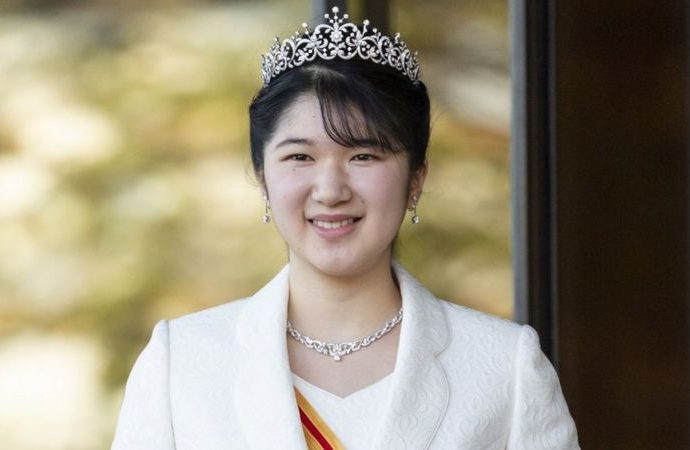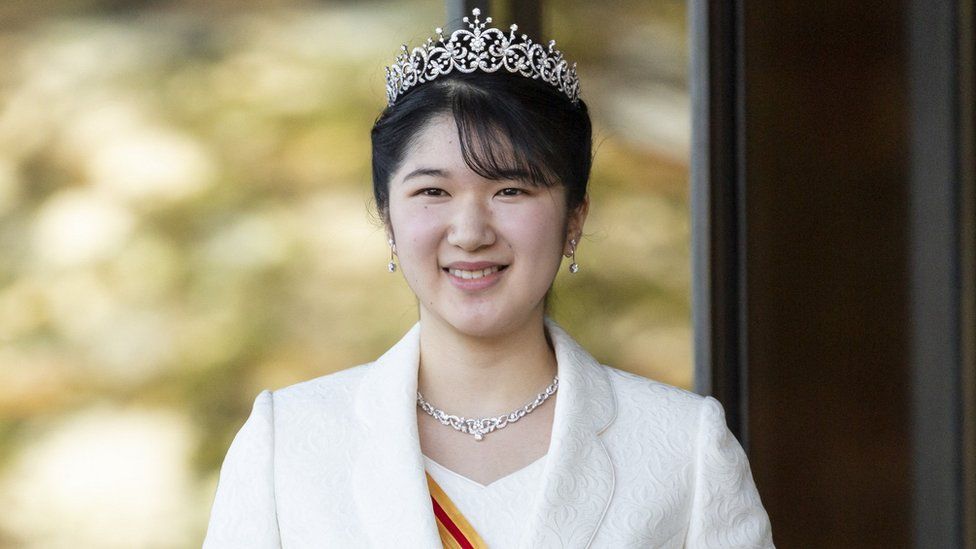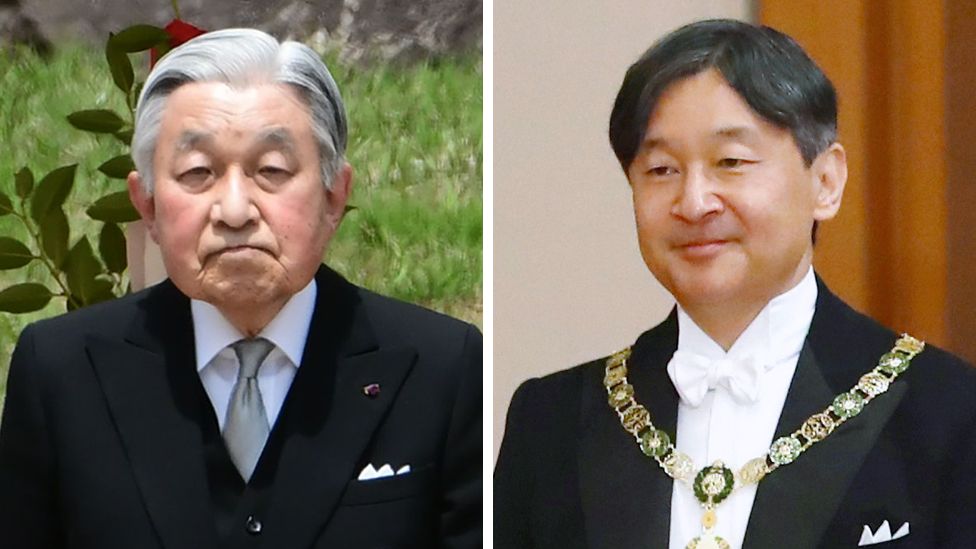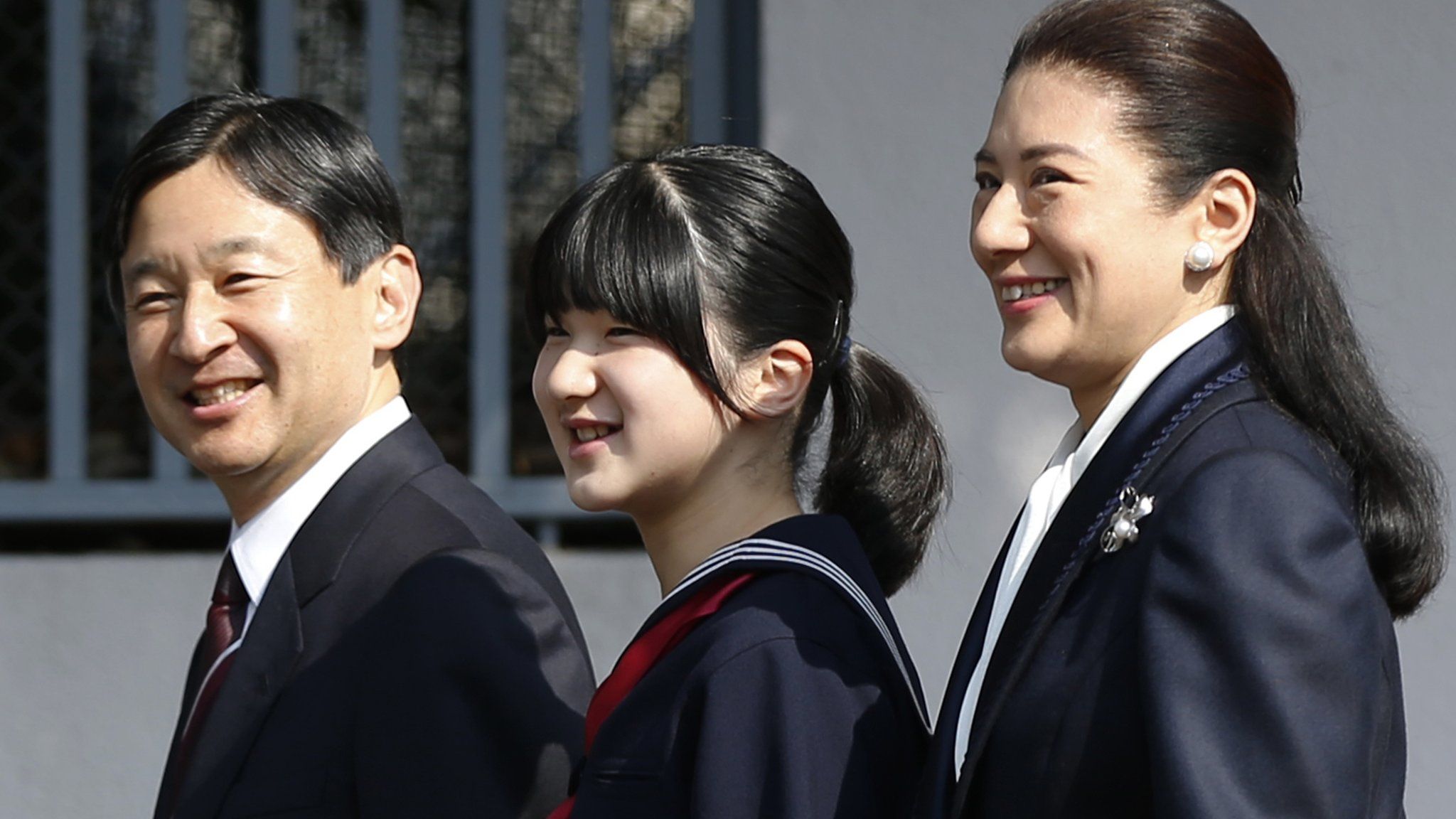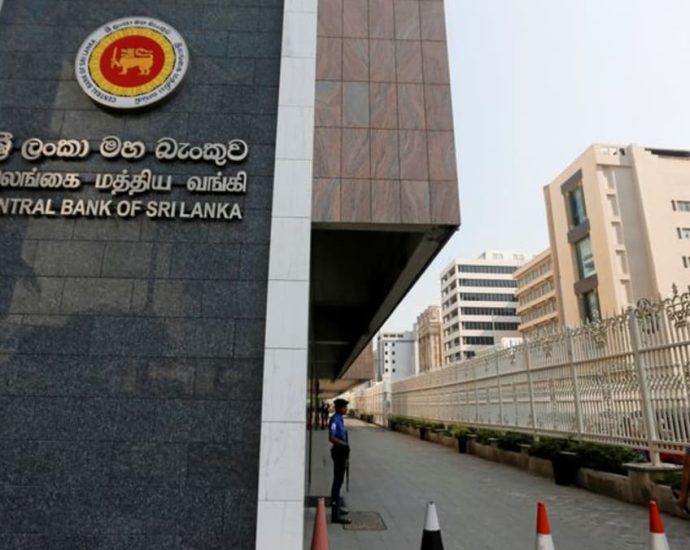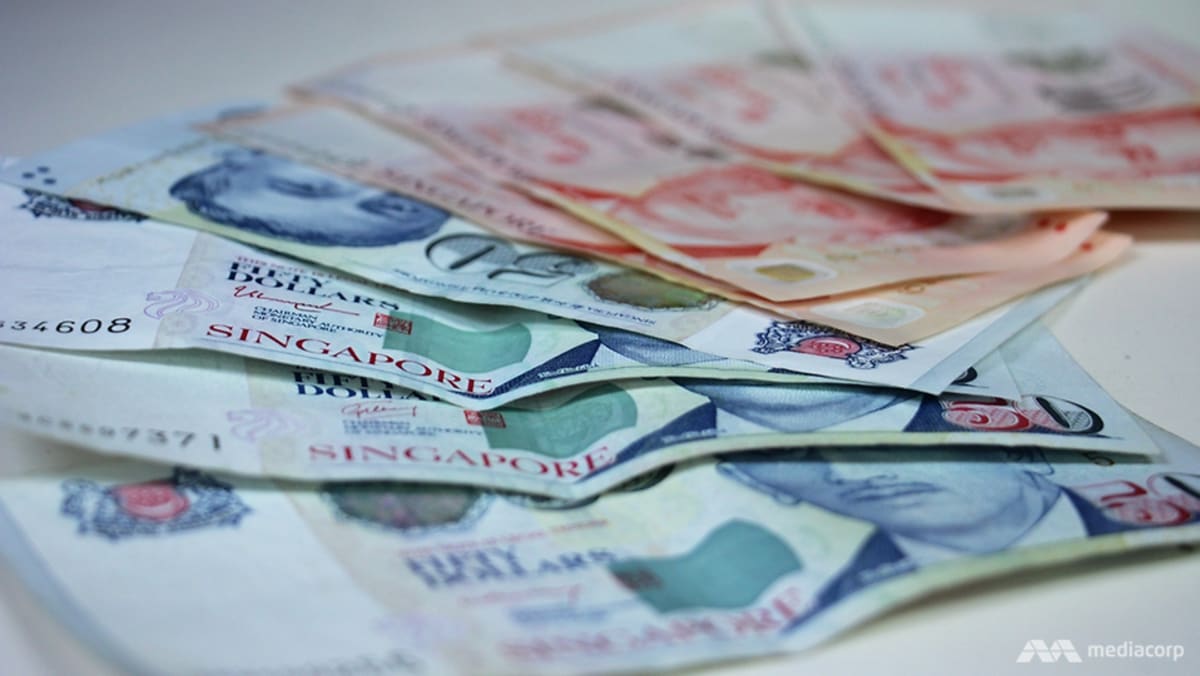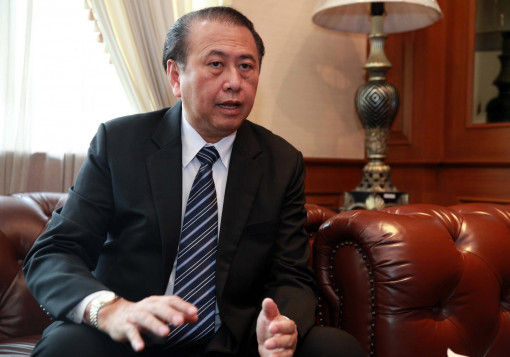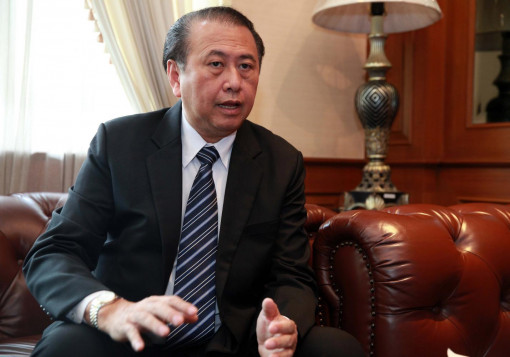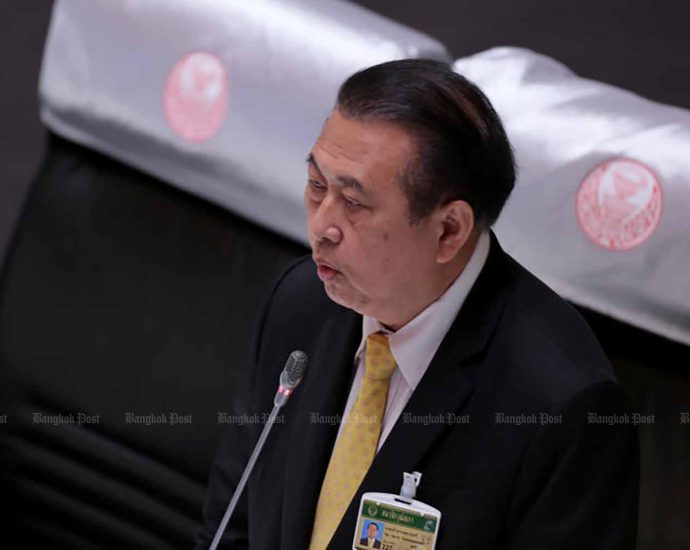Spanish triple murder linked to online romance scam
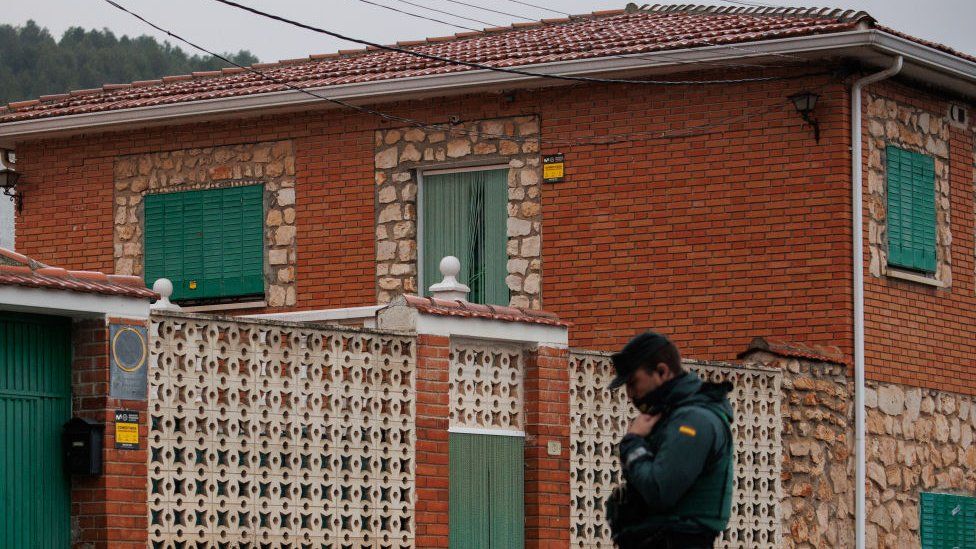 Alejandro Martinez Velez/Europa Press
Alejandro Martinez Velez/Europa PressSpanish police are investigating the circumstances surrounding the murder of three elderly siblings and its connection to an online romance scam that two of them were caught up in.
The civil guard have arrested a 42-year-old man of Pakistani origin, identified as Dilawar Hussain F.C.
They said he handed himself in and confessed to the murders.
The bodies of siblings Amelia, 67, Ángeles, 74, and José Gutiérrez Ayuso, 77, were found at their home last week.
They had been partially burned.
The three lived together in Morata de Tajuña, a town of around 8,000 inhabitants south-east of Madrid.
The civil guard said the motive of the crime appeared to be a debt the siblings had with the suspect, linked to the sisters’ apparent involvement in an online scam.
Friends and neighbours of the siblings have told local media of how Ángeles and Amelia had been engaged for several years in online relationships with people claiming to be men from the US.
According to these reports, the two women had sent up to €400,000 (£340,000) to a man they knew as “Edward”, supposedly in the US military, and a friend of his. At least some of their contact with these people was via Facebook.
José Gutiérrez Ayuso, who had a mental disability, was not involved in the sending of the money.
These relationships had exhausted the siblings’ finances, causing the sisters to ask local people for money and approach informal lenders. They even asked the mayor and priest of Morata de Tajuña for money, according to Spain’s ABC newspaper.
Mr Hussain had got to know the siblings when he lived in their home as a lodger for several months. He told police that the sisters owed him a large sum of money which he had given them as a high-interest loan but which they had failed to pay back.
Mr Hussain attacked Amelia twice when still living in her home, the second time in February of 2023 with a hammer, causing her to require medical attention. He received a two-year jail sentence and a restraining order but was released after seven months last September.
Police entered the home of the three siblings on Thursday, after neighbours said they had not seen or heard from them for several weeks.
Enrique Velilla, a local man who was a friend of the siblings, said that the women’s insistence on sending money to their supposed boyfriends had caused them to sell a property they owned in Madrid.
He also said that their requests for money had caused their bank to warn them about a possible scam.
“We told them that it was all a lie, that it was a scam,” he said. “But they didn’t want to hear the word ‘scam’.”
He added: “Ángeles was a teacher and Amelia had an education. They weren’t stupid. They were ordinary people who fell in love.”
More on romance scams: How I lost £120,000 to romance scam gaslighting
Further support via BBC Action Line
Related Topics
-
-
24 December 2023

-







